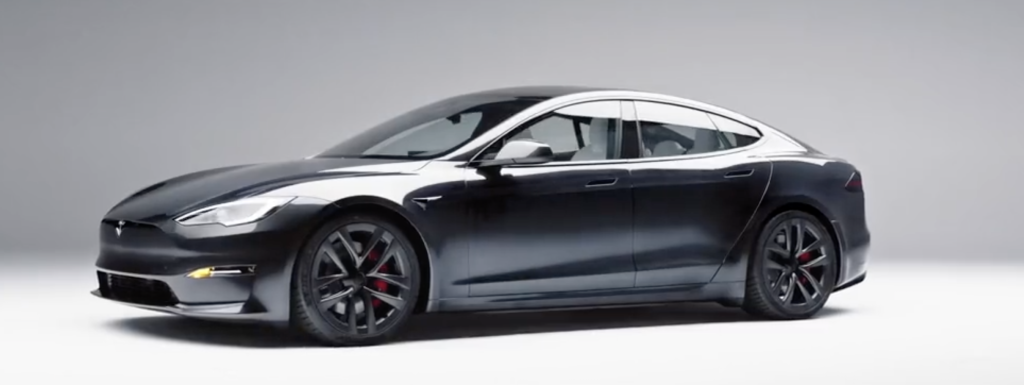The conversation around electric vehicles (EVs) often centers on their environmental benefits and the push towards a more sustainable future. However, a new study has brought to light a different aspect of EVs — the cost of fueling them. According to this study, fueling an electric vehicle costs roughly $17 per gallon, a figure that invites a deeper understanding of owning an EV.
The number might be not what you’re hoping for.
At first glance, this cost appears to be significantly higher than the average price of gasoline. However, this comparison is not straightforward. The cost per gallon for EVs doesn’t translate directly to the familiar gallons used in gasoline vehicles. Instead, it represents the cost of electricity required to travel the distance that a gallon of gasoline would cover in a traditional car.

This calculation is crucial in understanding the true cost of operating an EV. While the initial purchase price of electric vehicles can be higher than their gasoline counterparts, their operational costs, mainly due to fueling, are often lower. Electricity, as a fuel, is generally cheaper than gasoline, and EVs are more energy-efficient than internal combustion engine vehicles. Moreover, the cost of electricity varies significantly across different regions, and time-based pricing can further affect the cost of charging an EV.
Furthermore, the study’s findings underscore the importance of advancing battery technology and the charging infrastructure. Improvements in battery efficiency and faster charging times can reduce the overall cost of operating an EV. Additionally, as renewable energy sources become more prevalent and less expensive, the cost of charging EVs could decrease further, making them even more cost-effective in the long run.
For consumers, understanding the real cost of fueling EVs is essential when considering the switch from gasoline vehicles. While the sticker shock of the $17 per gallon figure may be off-putting, a more in-depth analysis reveals that EVs can be more economical over their lifespan. For policymakers and industry stakeholders, these findings highlight the need for continued investment in EV infrastructure and technology to make electric mobility a more attractive and viable option for a broader range of consumers.
RELATED:
- Horwin’s Project Horizon Leads the Charge in Sustainable Electric Mobility at EICMA 2023
- Yadea Kemper electric motorcycle with 99mph top speed unveiled at EICMA 2023
- Best Smart Blinds of 2023: Yoolax, Ikea, Graywind & More
(Via)







